Rwanda plans to launch a pilot project by the end of 2025 to grow three genetically modified crops—cassava, Irish potato, and maize—to assess their performance in farmers’ fields before potential nationwide adoption. This initiative, reported by New Times Rwanda on June 27, is led by the Rwanda Agriculture and Animal Resources Development Board (RAB) and aims to enhance the resilience of the agricultural sector against pests and diseases.
Canisius Kanangire, Executive Director of the African Agricultural Technology Foundation (AATF), emphasized that crops resistant to insects and diseases are crucial for building a robust agricultural sector. “This is why genetically modified crops (GMOs) are being introduced to African countries, and some have already adopted them,” he stated. The pilot project in Rwanda seeks to evaluate how these crops can improve yields and reduce losses for farmers.
Addressing concerns about the safety of genetically modified crops, Rwanda’s Minister of Agriculture and Animal Resources, Mark Cyubahiro Bagabe, reassured the public about their reliability. “We have been consuming genetically modified crops for over 30 years,” he said, highlighting the long history of using such technologies. This pilot project could mark a significant step toward sustainable agriculture in Rwanda and strengthen food security in the region.
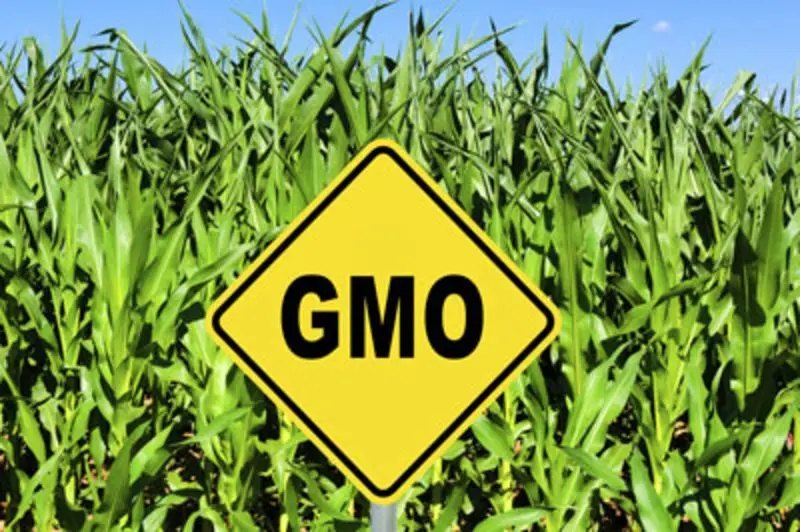
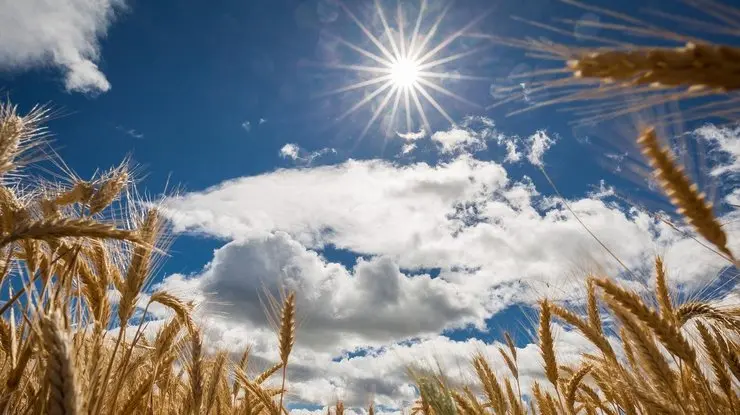
The weather in May and June usually leads to strong speculative price movements in agricultural products, as traders try to predict the future harvest of certain crops.
In the US and the EU, where the main world grain exchanges are located, the weather is quite favorable, so quotes continue to fall, not yet reacting to dry conditions in some regions of the Black Sea region, Australia, and central China.
This week, weather remained warm and humid in major grain and oilseed growing regions in the United States, which favored the development of spring crops but hindered the harvest of winter wheat.
Similar weather is forecast for next week, but fronts will bring rain and showers, favorable for corn, soybeans, and spring wheat crops.
Scattered rains have moved across the Canadian prairies this week, but they haven’t covered all of the canola and wheat crops, but the cool weather is helping the crops grow. Fronts are forecast to bring more widespread rain next week.
Ukraine plans to ask the European Union to impose sanctions on Bangladeshi companies that, according to its data, import wheat from the territories temporarily occupied by Russia.
This was stated by the Ukrainian Ambassador to India Oleksandr Polishchuk in a comment to Reuters.
According to the diplomat, the Ukrainian embassy has sent at least four official appeals to the Bangladeshi government demanding that it refuse to purchase more than 150,000 tons of grain, which was probably exported from the occupied regions and sent through the Russian port of Kavkaz. The appeals remained unanswered.
“This is a crime,” Polishchuk stressed. According to him, Russian companies are mixing stolen Ukrainian grain with Russian grain to hide its origin. Ukraine will pass on the results of its own investigation to its EU partners with a request to take measures.
Reuters also reports that the diplomatic cables list the names and registration numbers of ships that sailed to Bangladesh from the ports of Sevastopol, Kerch, Berdyansk and Kavkaz between November 2024 and June 2025.
The Bangladeshi and Russian foreign ministries declined to comment. A Bangladeshi food ministry official told the agency that grain imports from Russian-occupied territories were prohibited and the country did not buy stolen wheat.
Last year, a joint investigation by Bellingcat and Lloyd’s List into Russian grain theft from Ukraine’s TOT found that the grain was ending up in the hands of Yemeni Houthis.

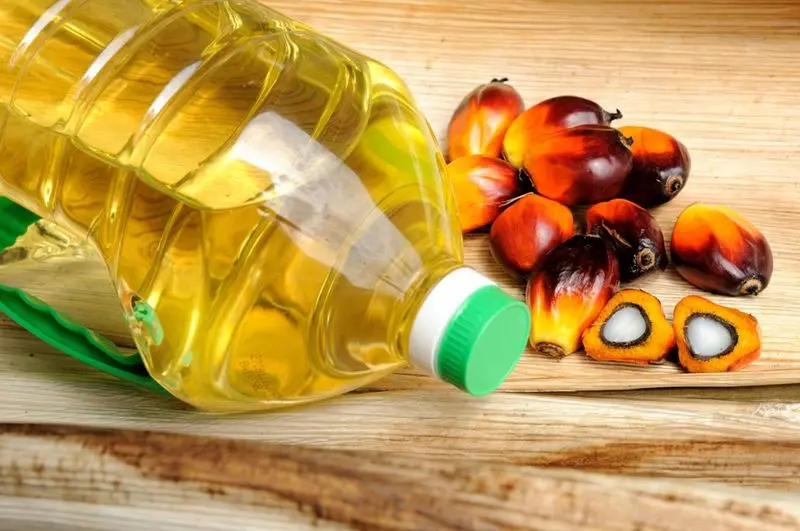
The palm oil market is showing a modest but steady price increase, driven by fundamentals rather than short-term speculation, Directors Talking.
According to analysts, the current dynamics do not reflect short-term fluctuations but rather sustainable changes in global supply chains. Recent movements in Malaysian palm oil futures show a return to a more sustainable position after the recent downturn.
Malaysian palm oil futures for September delivery have settled at ~MYR4,000/t, supported by active buying by key importers.
Traders have seen steady demand in June, particularly from price-sensitive markets rebuilding stocks after a period of reduced buying. Thus, India, the largest importer, increased import volumes to a six-month high in May, but in recent weeks there has been a slowdown in the pace of orders due to the strengthening ringgit, which increases the cost of contracts for foreign buyers.
Experts also draw attention to the continued price advantage over soybean oil, which supports demand in Asia and Africa. However, they remind, further growth may face resistance when reaching parity with alternative vegetable oils.
A team of Argentine researchers has made a breakthrough that could help improve wheat yields through genetic breeding. Led by Fernanda González of CONICET at CIT NOBA and INTA Pergamino, the study identified two regions of the wheat genome linked to ear fertility — traits that play a crucial role in yield potential. The results were published in Field Crops Research.
Through extensive field trials, the team confirmed the presence of two Quantitative Trait Loci (QTLs), named QFFE.perg-5A and QFEm.perg-3A, which influence wheat reproductive efficiency. QTLs are stretches of DNA containing genes that correlate with measurable traits such as plant height or grain production. In this case, the QTLs are associated with increased grain number and improved ear fertility.
“Wheat is a staple food for millions of people around the world. Argentina produces an average of around 19 million tons annually, of which between six and seven million are consumed domestically, while the rest is...


Canada’s system of developing wheat varieties is both efficient and effective, says a University of Saskatchewan agricultural economist.
Australia invests much more into wheat genetics and improving varieties, but the yield gains are similar to Canadian results.
“In Australia, they’re spending three to five times what we are, right now, on wheat research and wheat genetics,” said Richard Gray, Canadian grain policy research chair at the U of S.
“Yet, our outcomes are fairly consistent with (Australia)…. The rate of genetic gain in Australia and Canada is among the best that there are — possible exception is Brazil.”
Since last summer, Gray has been on academic sabbatical from the university. He spent part of his time in Australia, studying that country’s approach to wheat research and breeding.
Private companies play a large role in wheat breeding in Australia, but they’re not really ‘private,’ Gray said.
One example is Australian Grain Technologies (AGT), which promotes itself as the “market leader in wheat genetics.”
In the 2025/26 season, global imports of the main types of vegetable oils will exceed 82 million tons for the first time, according to a new review of the world oilseed market prepared by the US Department of Agriculture (USDA).
Compared to 2024/25, imports are expected to grow by almost 2 million tons. In particular, trade in palm (+1.46 million tons), sunflower (+770 thousand tons) and rapeseed (+440 thousand tons) oils is expected to grow, while global imports of soybean oil will decrease (-760 thousand tons).
India will retain its position as the largest importer of vegetable oils, which in the 2025/26 season is expected to increase purchases by 0.7 million tons, to 16.66 million tons.
China will increase its imports of vegetable oils by 1.07 million tons to 9.79 million tons, which will allow it to overtake the EU and take second place among importers of major vegetable oils.
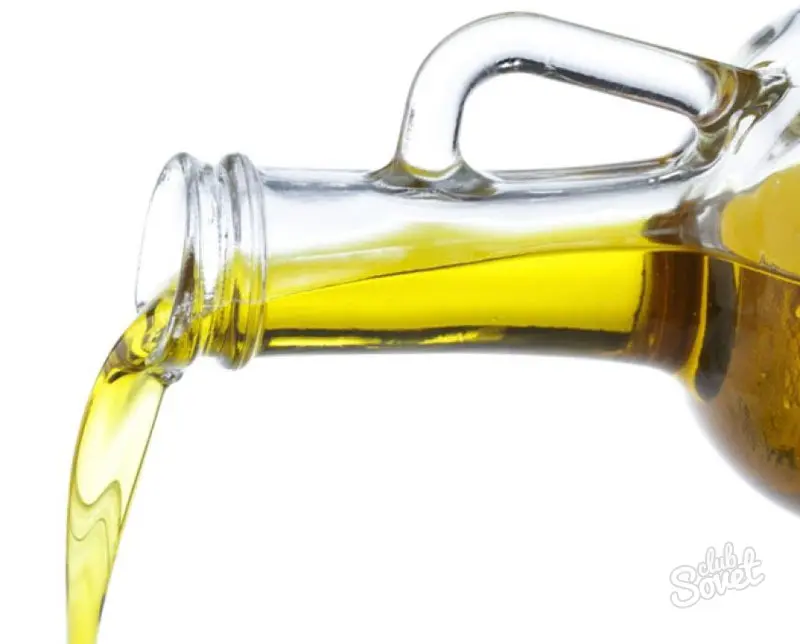
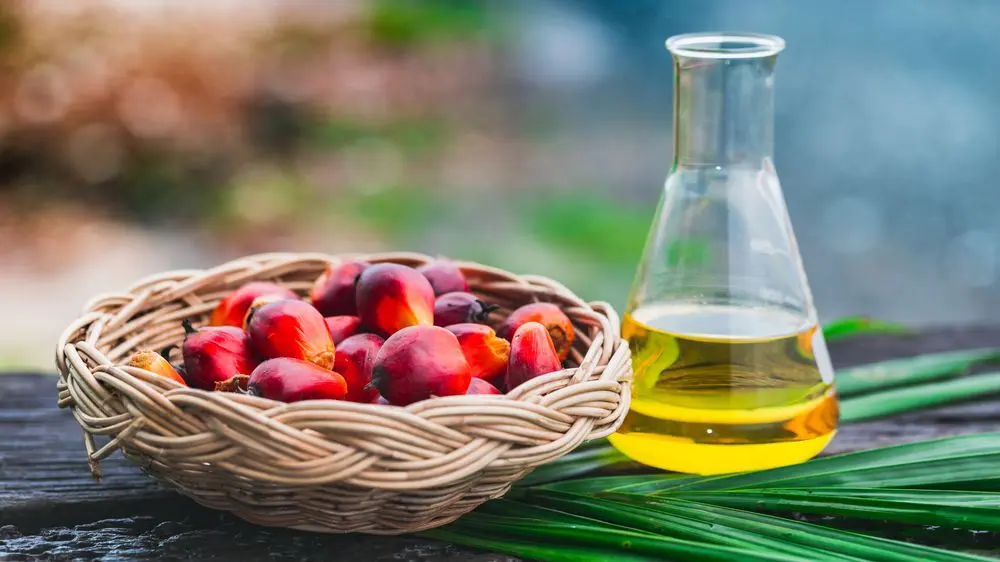
Efforts are underway to explore new markets for Malaysia’s palm oil to reduce the nation’s reliance on major exporting markets affected by geopolitical conflicts, says Datuk Seri Johari Abdul Ghani.
The Plantation and Commodities Minister said the ongoing Israel-Iran crisis and the Russia-Ukraine conflict have disrupted export shipments to certain zones.
“Malaysia currently exports goods worth RM186bil annually to global markets, including palm oil, but part of these markets are now considered high-risk due to armed conflicts.
“As such, we are exploring new markets, namely countries that have yet to purchase Malaysian palm oil or cooking oil. This is crucial to ensure that our export levels remain stable,” he said.
Johari added that Malaysia is currently trading with nearly 80 nations, with plans to expand its reach even further.
The minister was speaking to reporters after attending the Dialogue with the Ministry programme at Mara Poly-Tech College here yesterday.